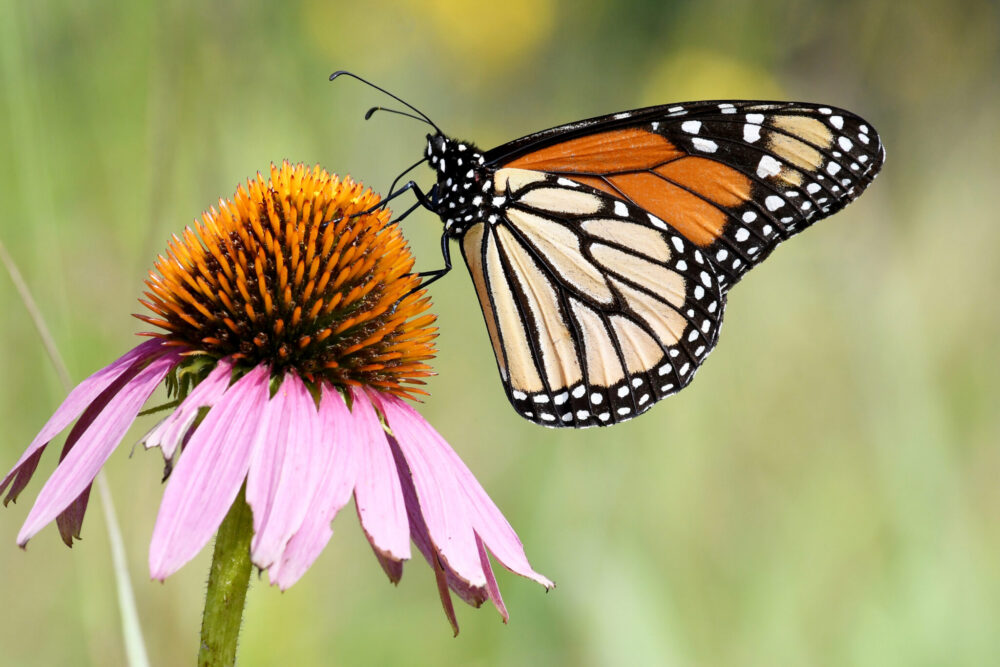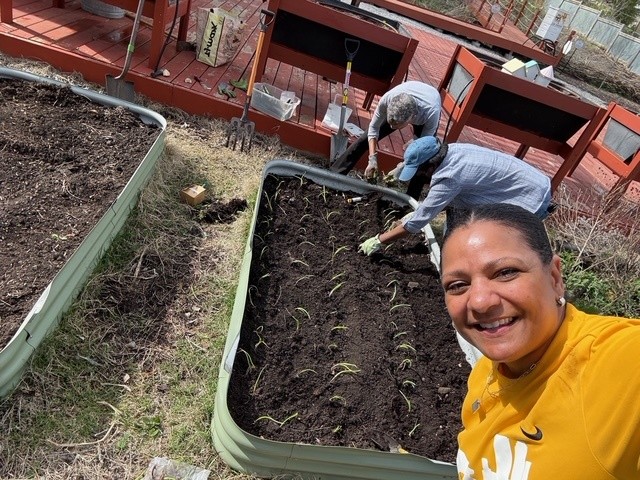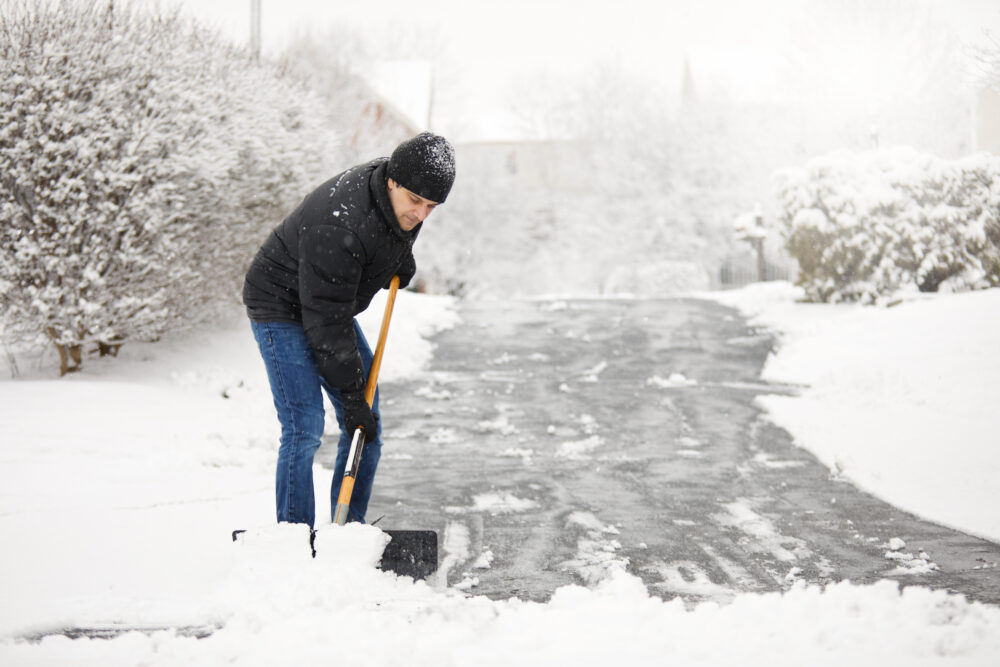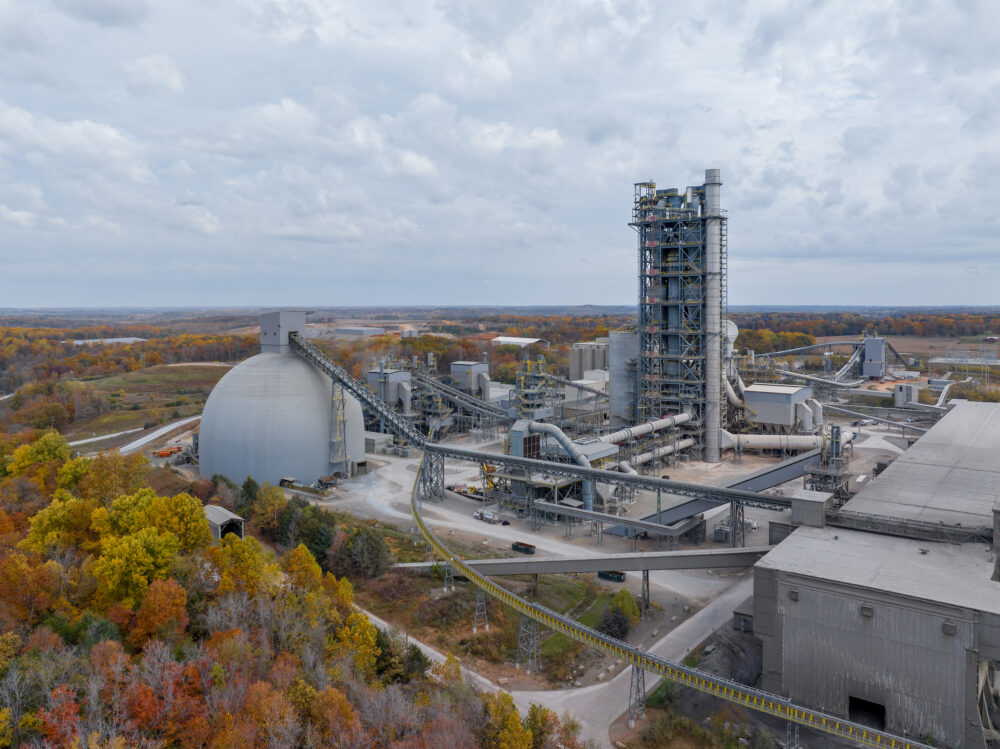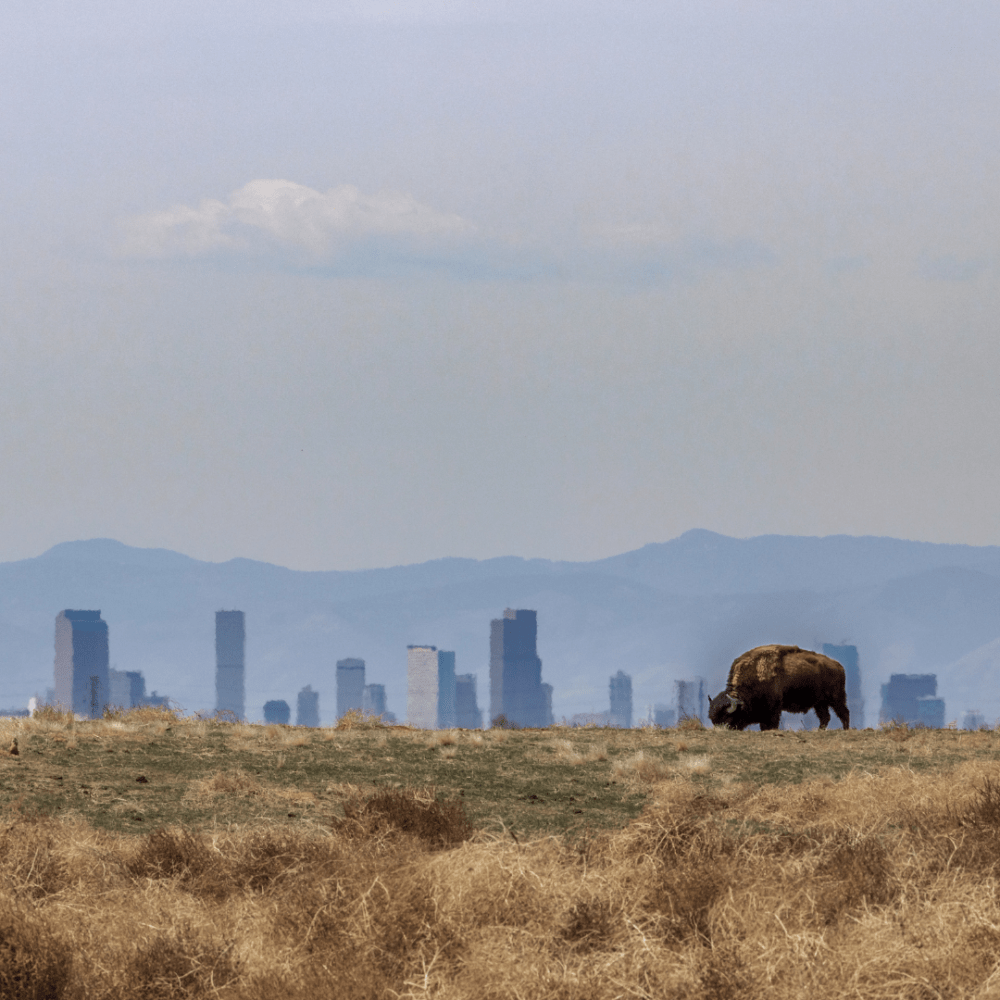We have much more to do and your continued support is needed now more than ever.
Will Congress Act Soon to Protect the Nation’s Waters?
 Given how much we all depend on clean water, the answer should be a no-brainer. But believe it or not, this is a decision that each member of Congress now faces and–remarkably–many seem to be struggling to do the right thing.
Given how much we all depend on clean water, the answer should be a no-brainer. But believe it or not, this is a decision that each member of Congress now faces and–remarkably–many seem to be struggling to do the right thing.
Perhaps you thought that we already protected the waters of the United States? Think again.
Congress got it right in 1972 when they passed the Clean Water Act to clean up the nation’s waters. They understood that to clean up and protect our waters we have to stop pollution at its source: the small streams and wetlands that absorb, cleanse, and release precious water–and pollution–downstream. For the next 30 years or so, it was pretty well understood that the Clean Water Act protects virtually all of the nation’s important wetlands, lakes and streams.
This common sense understanding that the Clean Water Act broadly protects America’s waters held for over a generation. That is until two recent Supreme Court decisions (SWANCC in 2001 and Rapanos in 2006) questioned whether Clean Water Act protections extend to many of our most important streams, lakes and wetlands.
These court decisions have placed millions of acres of so-called “isolated” wetlands and lakes, intermittently flowing streams and wetlands adjacent to these streams at risk of losing federal safeguards–leaving them vulnerable to pollution and destruction. In 2008, the Environmental Protection Agency reported that the legal uncertainty that was created by these decisions has compromised its ability to enforce the Clean Water Act in at least 500 cases–including oil spill and chemical pollution sites.
Here’s What’s At Stake if Congress Fails to Act Soon:
- 60% of U.S. stream miles – Stream miles that flow periodically throughout the year may lose Clean Water Act protection. Over one-third of America’s drinking water from public supplies fed in whole or in part by these intermittent and ephemeral streams that are vulnerable to pollution. In other words, the waters that we depend on for our drinking supplies may be polluted and destroyed and the government may have little choice but to stand idly by.
- Millions of acres of wetlands –Potentially millions of priceless acres of them! (Well, not quite priceless…)
Economists figure that one acre of wetlands provides about $10,000 worth of ecosystem services, which include:
- Filtering drinking water – treating drinking water is expensive for communities strapped for cash. Wetlands and headwater systems do it for free!
- Preventing flooding – Wetlands and intermittently flowing streams naturally absorb flood waters, moderating peak flood stages and reducing flood damage.
- Protecting our coasts from hurricanes and storms – Wetlands buffer our coastlines from heavy wind, rain and storm surges that strike coastal communities during hurricanes and severe storms.
- Providing nesting grounds for and supporting diverse fish and wildlife populations – the Prairie Pothole Region of the Midwest is dominated by “isolated wetlands” that are losing Clean Water Act protection. These “isolated” wetlands provide essential breeding habitat for 50-75% of North America’s duck population. Many small streams and associated wetlands provide essential spawning and nursery habitat for fish.
- Supporting fish and wildlife related outdoor recreation – Hunters, anglers, birdwatchers, canoeists, water skiers–they all depend on clean water and healthy wetlands for recreation. Businesses and communities depend on the billions of dollars in revenue that outdoor enthusiasts spend each year.
There’s something you can do about all this. While your senators and representatives are home for April recess (April 6-17), urge them to move quickly to pass legislation to restore Clean Water Act protections for the nation’s streams, lakes and wetlands.
- Schedule in-district meetings with them while they’re in your home district
- Write them a letter (here’s an example)
- You can submit a letter to the editor of your local paper.
Since it’s always a good idea to arm yourself with information, here’s a fact sheet and information on what we have to lose if Congress fails to restore protections for our waters.
Now’s your chance to ask your Members of Congress for yourself: Will you vote this year to protect our waters?
Caroline Wick contributed to this post.

